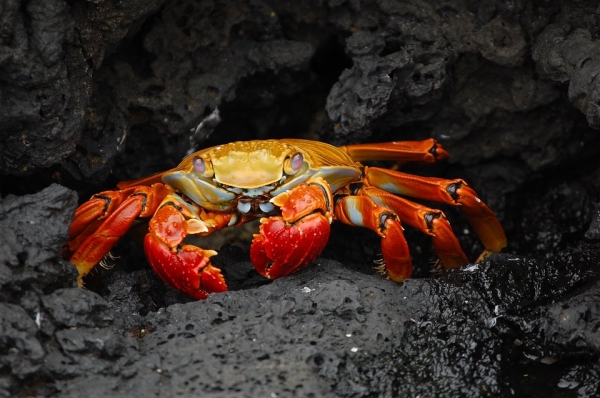While most of the world’s oceans are warming due to climate change, a new CU Boulder study explains how the waters around the Galápagos Islands are staying cool and getting colder.
Published in PLOS Climate, the study shows that not only does a cold, eastward equatorial ocean current provide the Galápagos Islands a buffer against an otherwise warming Pacific Ocean, but this current has been getting stronger for decades. In fact, the waters off the west coast of the Galápagos have cooled by 0.9 degrees Fahrenheit (0.5 degrees Celsius) since the early 1990s.
“There's a tug of war going on between our greenhouse effect causing warming from above, and the cold ocean current. Right now, the ocean current is winning—it's not just staying cool, it’s getting cooler year after year,” said Kris Karnauskas, lead author on the study, associate professor in the Department of Atmospheric and Oceanic Sciences and fellow in the Cooperative Institute for Research in Environmental Sciences (CIRES).
This phenomenon is a cause for cautious optimism for the second largest marine reserve in the world, and a biodiverse island ecosystem that is home to several endangered species and designated as a UNESCO World Heritage Site.
Read more at University of Colorado at Boulder
Photo Credit: WikiImages via Pixabay


